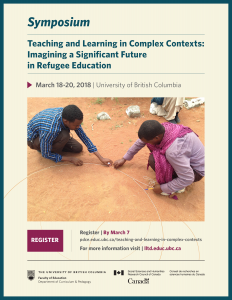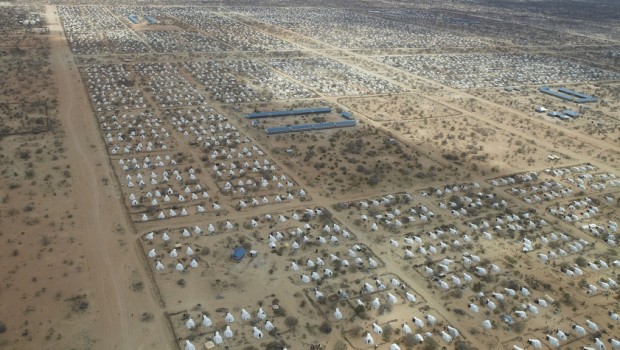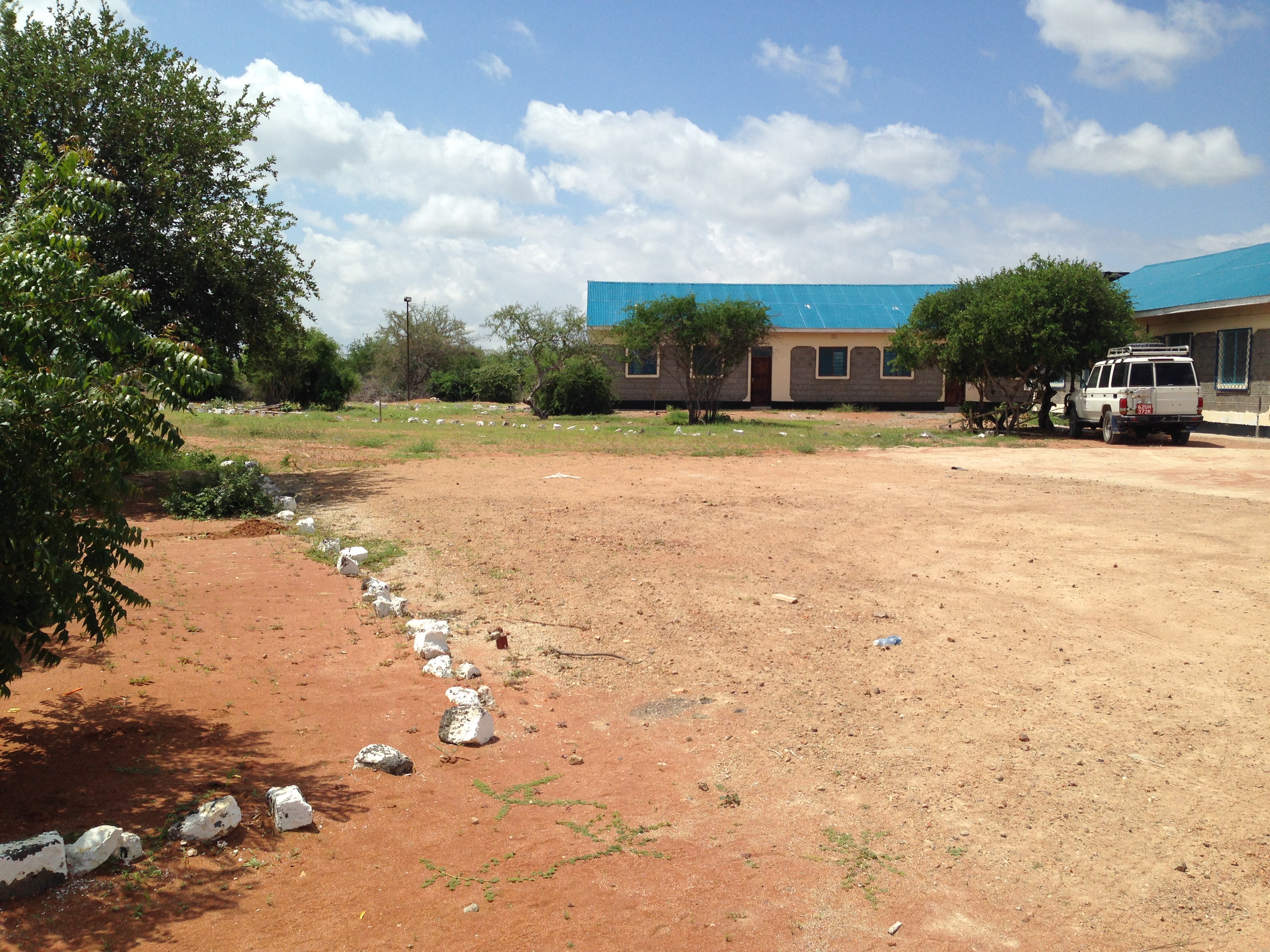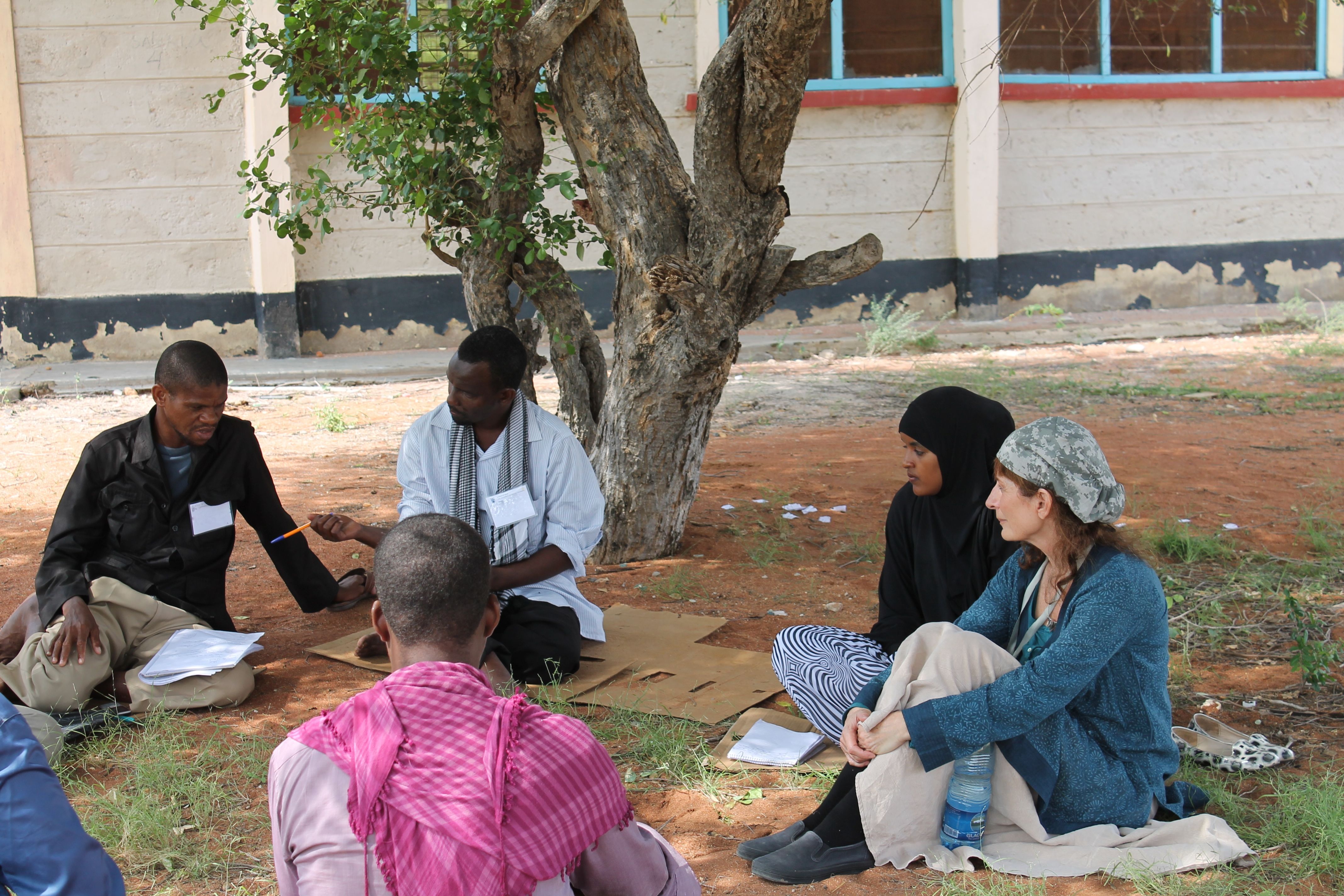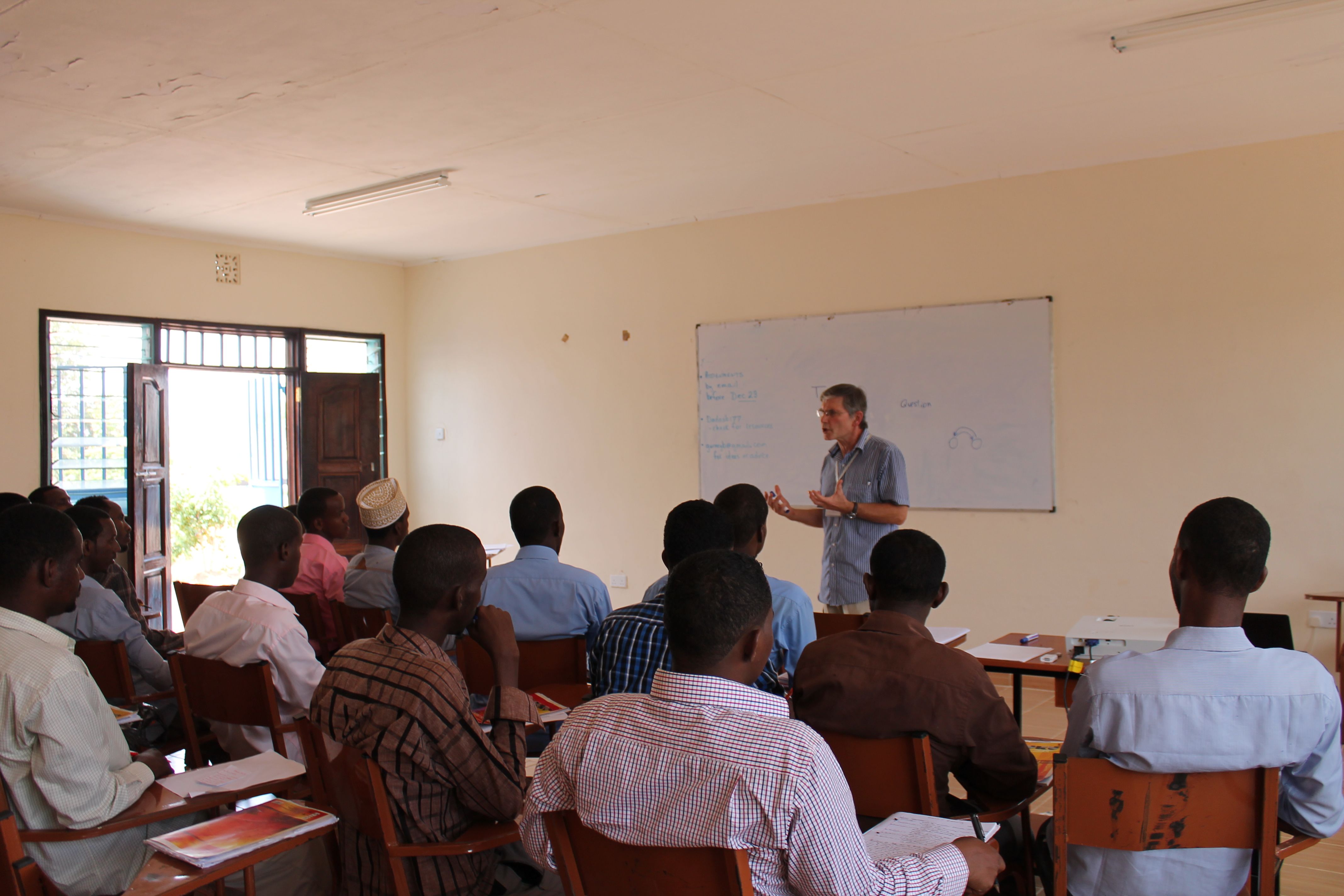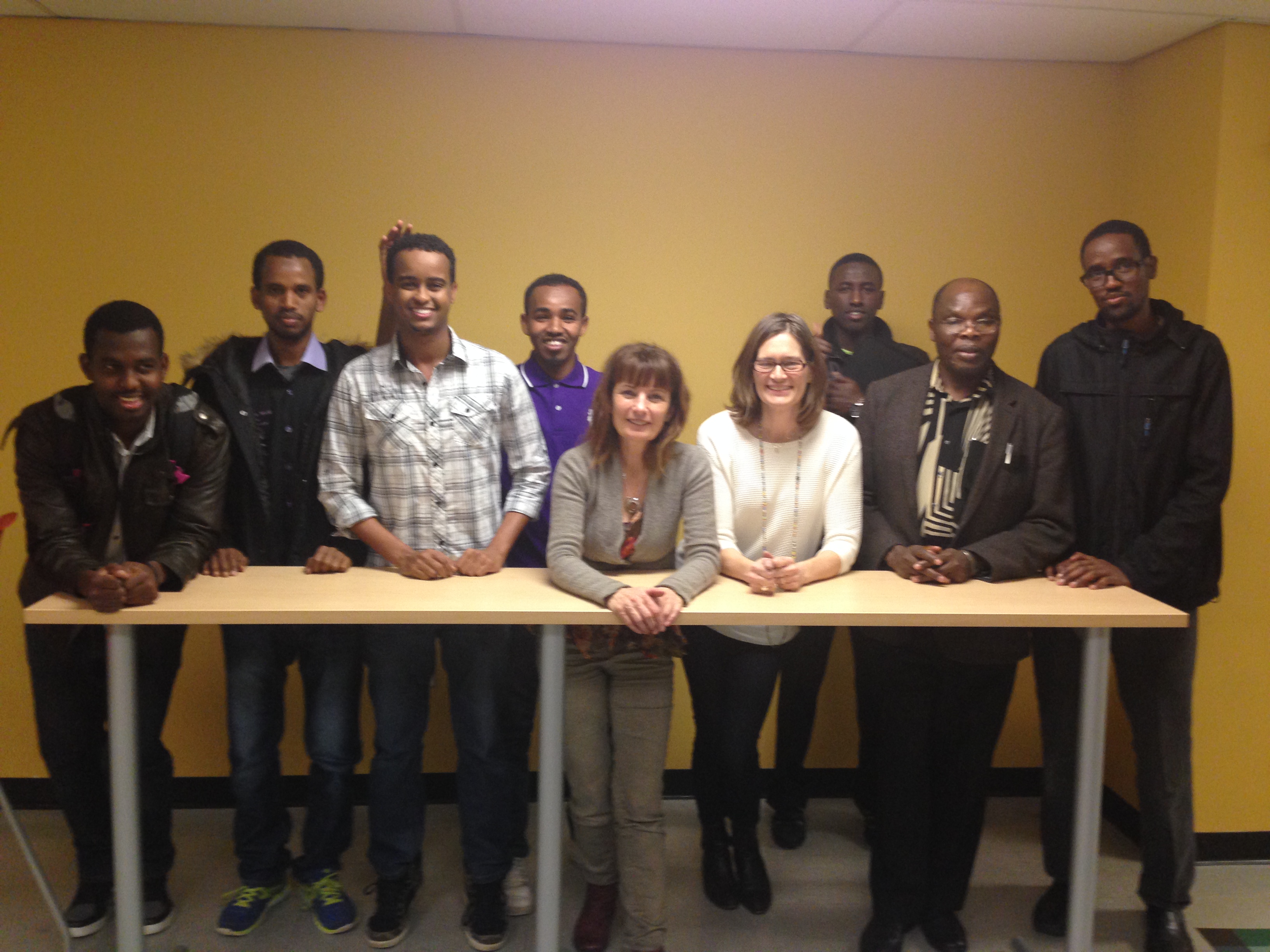My family and I arrived in Dadaab refugee camp in the 90s after the collapse of
the Somali central government, grew up in Dadaab refugee camp and studied up to my
high school. In the mid of my education, I was an outstanding student in mathematics and
science, and my hope of doing well in Kenya Certificate primary Examination (KCSE)
was high. My performance deteriorated when our card (UNHCR card), me and 2 of my
uncles and one aunt, has been called for our first interview for resettlement and this
caused me to give little intentions of studying since my luck represented itself for me to
go to developed country and live and study over there. Before my KCSE exam, we have
been waiting for the flight to the United States of America, this resulted in me to not be
able to attend one of the national schools the agency provided for the top performing
students, and I joined my high school in the camp. After waiting for three years for my
first flight, Situations changed, and they did not allow me to go with my aunt and uncles,
at that time. I was in my third year of high school, average in performance and heading to
my final year since my dreams of going to the "promised land" shuttered. I reached a
decision to stay away from school for four months, make, re-arrange my head, and start
fresh from form one. I sought guidance and counselling from my mother and my
headmaster; both stood with my decision for repeating into my classes, The Director,
Kingston Kirenge, give me courage and hope that I can do and become the top students if
I rehash in form 2, accepted it. From that day, the confidence I gained helped me struggle
and beat the stigma I used to receive from the people, “repeater” and “loser,” to be
successful. It is not always too late to make a decision, which has a long lasting positive
impact in your dream, always dream big and struggle to strive for your goals. Never lose
hope, hold tight to your prayers and work hard to be successful in life, nothing comes in
silver plate.
